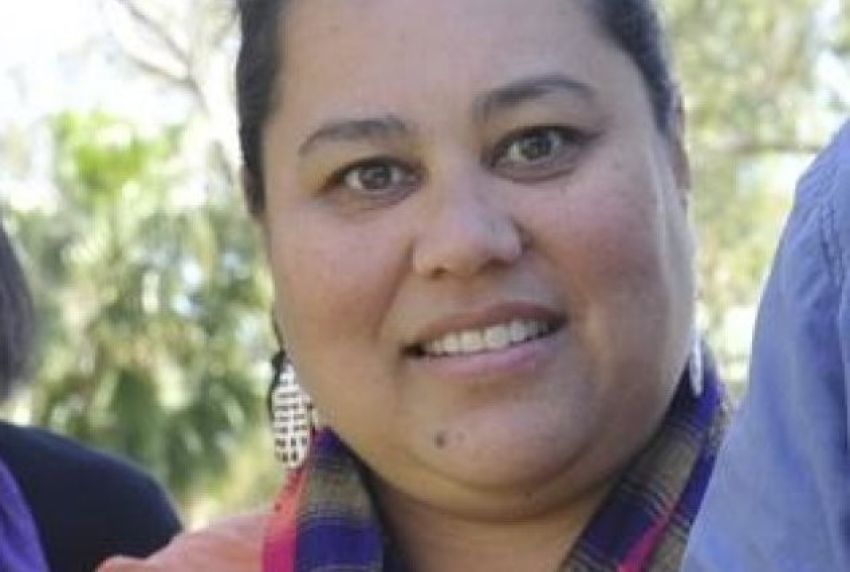
A webinar sponsored by the Sydney Hiroshima Day — “Fighting the Bomb” — heard from prominent peace activists on August 6. It coincided with the 75th anniversary of the United States’ nuclear attack on the Japanese cities of Hiroshima and Nagasaki at the end of World War II.
Chamoru woman from the US Pacific colony of Guam Dr Lisa Natividad led off saying that the US government’s 67 nuclear tests in the Marshall Islands region, including nearby Guam between 1946 and 1958, had led to considerable clusters of cancer and birth defects among the island population.
Natividad is president of the Guahan Coalition for Peace and Justice, and associate professor in social work at the University of Guam. “Continued high levels of radiation remain in the Marshall Islands to this day,” she said, adding that the campaign for compensation for the victims continues as a “fight for our survival”.
Jo Vallentine, a Quaker who was elected to the Senate for the Nuclear Disarmament Party in 1984, and resigned in 1992, said: “The Hiroshima and Nagasaki bombings changed the world forever”. She criticised the federal government for being “up to its eyeballs in collaboration with the nuclear states, US and Britain”. Australia ranks 13th in global military spending.
Vallentine said that the “perfect storm” of the virus, climate and nuclear crisis “provides an opportunity to win total nuclear disarmament”. “We must join the worldwide campaign for more spending on health and welfare,” said Vallentine who has remained active in peace and environment campaigns.
A video message from President of the Campaign for Peace, Disarmament and Common Security and vice-president of the International Peace Bureau Dr Joe Gerson, talked up the ever present danger of nuclear war.
“We urgently need to remove Trump, and campaign for a peaceful, just and sustainable world” he said pointing to the US President’s dangerous “aggressive provocation” against China and threats against Iran and North Korea.
Dave Sweeney, a founding member of the International Campaign to Abolish Nuclear Weapons (ICAN) and spokesperson for the Australian Conservation Foundation’s nuclear free campaign explained how ICAN, helped establish the campaign for a Treaty on the Prohibition of Nuclear Weapons, for which it was awarded the Nobel Peace Prize in 2017.
“We hope the treaty will be ratified officially soon”, he said. Australia must ratify the treaty to really be part of the “community of nations, or else be regarded as an enabler of rogue states”.
Centre for Peace and Conflict Studies at the University of Sydney emeritus professor Stuart Rees, who helped establish the Sydney Peace Foundation, agreed with Sweeney about the urgency of ratifying the treaty. He discussed the international struggle for nuclear disarmament, and paid tribute to the seminal role of British peace campaigner Bertrand Russell.